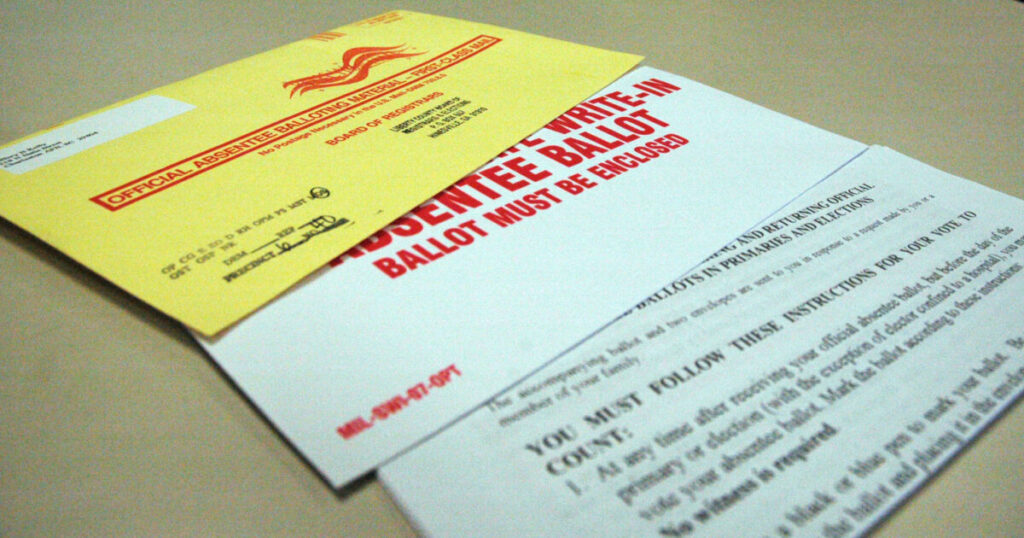U.S. District Judge Stephen Locher recently upheld Iowa’s initiative to scrutinize and investigate voter registrations that are flagged as potentially being from non-citizens, marking a significant legal decision concerning electoral integrity in the state. This ruling, delivered on Sunday, allows Iowa officials to examine approximately 2,000 names on the “questionable registrations” list, which aims to prevent illegal votes from undermining the voting power of lawful citizens. The decision comes amidst a national discussion regarding voter registration policies and the supposed threat posed by non-citizens participating in elections, a notion frequently echoed among Republican leaders and supported by former President Donald Trump’s claims of widespread electoral fraud.
The American Civil Liberties Union (ACLU) had argued against Iowa’s registration review, asserting that it could infringe upon the voting rights of newly naturalized citizens. However, Judge Locher dismissed these concerns, emphasizing instead Iowa’s responsibility to maintain the integrity of its electoral processes, particularly in light of a recent U.S. Supreme Court decision that permits similar measures in Virginia. The judge’s ruling reflects a broader judicial tendency to support efforts aimed at voter roll maintenance, especially in contexts where there are claims and fears about voting irregularities involving non-citizen voters.
In his ruling, Judge Locher highlighted the Supreme Court’s recent guidance to lower courts regarding the cautious approach that should be taken when providing last-minute injunctions against electoral regulations. He clarified that the Iowa initiative would not immediately remove anyone from the voter rolls but would require certain voters to cast provisional ballots while their eligibility is confirmed. This procedural strategy aims to strike a balance between maintaining electoral integrity and ensuring that eligible voters can participate without undue barriers.
The ruling has received strong backing from Iowa Republican officials, including Governor Kim Reynolds, who framed it as a victory for election integrity. She praised the court’s decision as a way to uphold lawful voting while ensuring that illegal votes, particularly from non-citizens, do not dilute the electoral process. Governor Reynolds’s statements emphasize an overarching theme among Republican leaders that protecting against perceived voting fraud is paramount to maintaining democratic processes and the trust of law-abiding citizens in electoral outcomes.
Iowa Secretary of State Paul Pate echoed this sentiment, asserting that the court’s decision reaffirms the principle that U.S. elections are intended solely for U.S. citizens. He framed the voter registration scrutiny as essential for safeguarding the integrity of elections in Iowa while also acknowledging the responsibility to allow all eligible voters access to the ballot. Pate called for cooperation from federal agencies to clarify the citizenship status of voters who self-report as non-citizens, underscoring the need for transparency and accuracy in voter registration.
As this ruling unfolds, it serves as an important case in the ongoing national debate over voter registration and electoral integrity. While proponents argue that such reviews are necessary to prevent potential illegal voting, critics warn of the adverse impacts on eligible voters, particularly minority and marginalized groups. It remains to be seen how this decision will influence not only Iowa’s electoral landscape but also set precedents for similar efforts in other states that may seek to follow suit amid a charged election environment. Overall, this case highlights the complexities at the intersection of law, citizenship, and the right to vote, a topic that elicits strong opinions on both sides of the political spectrum.

